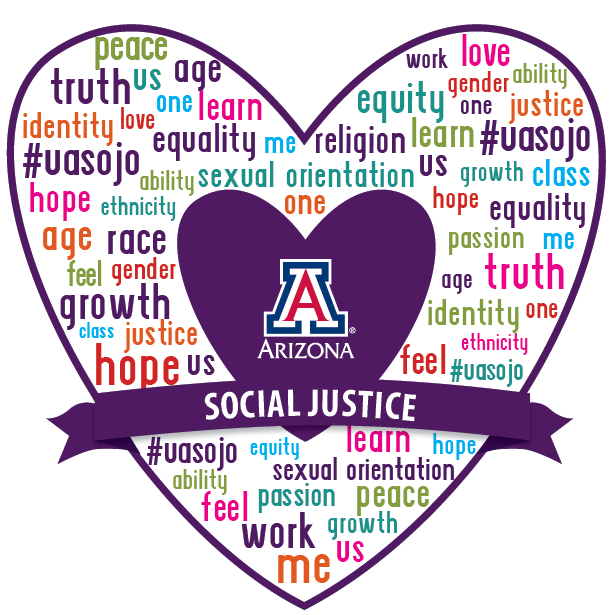
مطالعات فرهنگی و رسانه ایران
این تارنما به آخرین مباحث حوزه مطالعات فرهنگی و رسانه ایران با چشم انداز ارتباطی می پردازد.
مطالعات فرهنگی و رسانه ایران
این تارنما به آخرین مباحث حوزه مطالعات فرهنگی و رسانه ایران با چشم انداز ارتباطی می پردازد.عدالت فرهنگی چیست؟
«مطالعات فرهنگی و رسانه ایران»- عدالت فرهنگی به این معناست که آیا کارکرد فرهنگ در جامعه معطوف به ایجاد تعادل است یا خیر، یعنی گریز از ظلم، تبعیض، ناهنجاریها و گرایش به حق و عدالت در فرهنگ جامعه وجود دارد یا نه؟ آیا فرهنگ ما می تواند چنین کارکردی از خود نشان دهد؟ اگر چنین است می توانم ادعا کنیم، فرهنگ عدالت را گسترش داده ایم، توسعه فرهنگ عدالت و عدالت خواهی می تواند یکی از کارکردهای فرهنگ محسوب می شود، اما به طور اخص، عدالت فرهنگی به این معناست که امکانات حوزه فرهنگ عادلانه در جامعه توزیع شود، یعنی همان گونه که حوزه سیاست و اقتصاد رشد می کند، باید حوزه فرهنگ هم رشد کند. به عبارتی رشد فرهنگ باید به صورت متوازن، متعادل و متناسب با نیازهای روز جامعه، همراه با فعالیت های سیاسی، اجتماعی و اقتصادی صورت گیرد.
این عدالت فرهنگی همان Cultural Justice است. که در سایت جهان متصل ما درباره آن نوشته است:

Embedded in an ancient history of human cultures seeking power and position over others or in building institutions and systems of administration predicated upon formulas that evolved from imperialism, cultural imbalances, hierarchy, and the perpetual pursuit of capital or the ownership and competitive acquisition of resources, titles, spaces, and places is the simple, albeit intuitive perception that we must come to value and respect each other equally, if for no other reason than for our collective survival.
What is often equated with respecting others or in helping us to become educated about others is often a degeneration to tolerating or just as often, patronizing or stereotyping others with gestures that neither fully acknowledge the injustices of the past nor actively value culture groups in the context and structures of our most exalted institutions: economically, socially, culturally, or in our systems of education. Cultural Justice would therefore be, a full recognition of the impact of our history and the establishment of imbalances in our perception of humanity based upon an un-just hierarchy and the perpetuation of the majority voice.
Working on behalf of cultural justice, therefore, is an active lifestyle through which we seek to uncover and acknowledge the full nature of social, economic, and cultural injustices historically; assess our role and place in the hierarchy of power and control that has resulted from this history; and begin to seek to optimize our personal and professional energy on behalf of healing our cultures not merely for others, but especially for our own happiness and well-being.
"World order can be founded only on an unshakable consciousness of the oneness of mankind, a spiritual truth which all the human sciences confirm. Anthropology, physiology, psychology recognize only one human species, albeit infinitely varied in the secondary aspects of life. Recognition of this truth requires abandonment of prejudice of every kind: race, class, color, creed, nation, sex, degree of material civilization, everything which enables people to consider themselves superior to others." The Promise of World Peace, The Universal House of Justice, Haifa, Israel, pp. 28/29.
As the history of imperial conquest and colonization and the instruction of both history and "value" in the context of purpose for life or outcomes in education are directly linked, much of our information, social structures, media messages, and educational curriculum are partial and unfulfilling in their capacity to create a just and equitable vision of our planet’s diverse cultures or human potential.